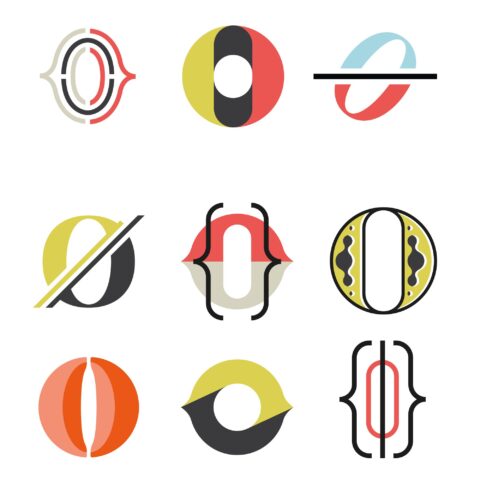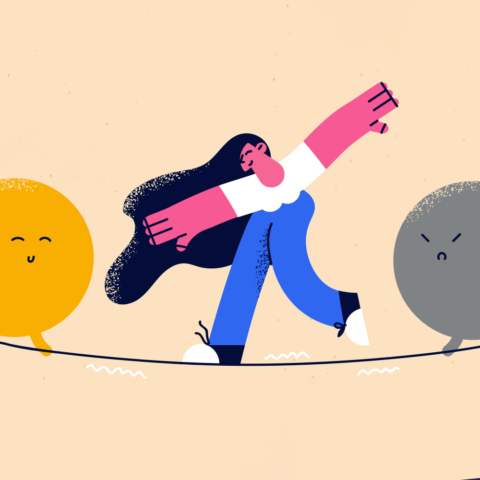Breaking down the facts, causes and effects on women’s health. Here are all the key things you need to know about menopause.
Menopause simply means “the stopping of monthly periods”, which occurs when a woman hasn’t had a period for at least 12 months. It’s the result of a series of hormonal changes that can affect women cognitively, physically and emotionally.
Menopause is an important hormone milestone and an opportunity for women/wāhine to look positively at their health and ways to improve and sustain a maximum quality of life.
- Approximately 20% of women suffer severe symptoms, 60% suffer moderate symptoms and 20% do not have any symptoms.
- The average age that a woman stops getting periods is 51 years. Premature menopause is when a woman’s periods stop before the age of 40.
- Symptoms can last 1-10 years, or 5-7 years on average, and can continue after a woman’s periods have stopped.
- Levels of oestrogen and other hormones can vary in the time leading up to a woman’s final period.
- At menopause, women stop producing oestrogen in their ovaries. Oestrogen has more than 400 biological actions, including the regulation of sleep, mood and appetite.
- A lack of oestrogen can cause more than 30 symptoms, including hot flushes, night sweats, palpitations, irregular and/or heavy periods, anxiety, low mood/depression, decreased libido, brain fog, dry eyes, mood swings, nausea, disturbed sleep and insomnia, vaginal dryness and discomfort, aching joints and fatigue.








